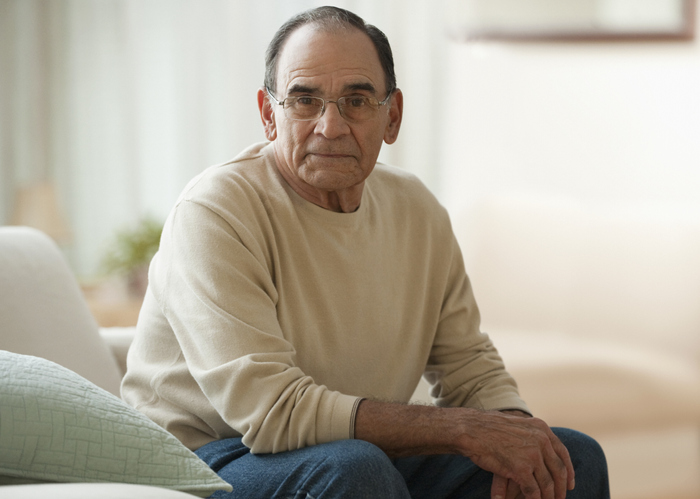Accommodation & Reintegration from Prison

Katherine Price Hughes House
We believe everyone deserves at least a fair chance in life. And even a second chance, right? We believe nobody should be without a chance.
We offer men leaving prison the chance to change their life for the better. Because often, a fair chance is all it takes.
At Katherine Price Hughes House (KPH), we give men who’ve been through the criminal justice system the space to journey from custody to community. Our expert team works with them to offer them the opportunity to talk and to support them with what matters to them.
By accessing housing, health and employment support, training and education, we help them focus on their future and not the past, preventing them from homelessness and reducing the likelihood of them re-offending.
Men leaving prison
Perhaps unsurprisingly, the majority of the men who come to KPH have experienced trauma in their lives, often in their childhood. Many have been the victim of sexual, emotional or physical abuse, and/or have gone straight from the care system, mental health hospitals or homelessness to prison.
Many of the men we work with have undiagnosed learning disabilities or have been the victims of people trafficking.
Our team of dedicated, experienced key workers, most of whom have worked in the criminal justice and probation sector, walk alongside men during their 3-month stay, giving them practical support and signposting them to organisations and services who will be part of their rehabilitation and transition back to community after prison.
We advocate for men who haven’t been given a fair start, to give them a fair chance.
Snapshot of KPH residents in 2022
 Where men have experienced long-term street homelessness, or spent a long time in prison, they’re often not used to having boundaries in place and struggle with managing money and medication, sometimes still in the grasps of addiction and self-medication. During weekly key-work sessions, our teams help the men set up bank accounts and claim benefits, connect them with mental health workers in the community, and support them to take medication.
Where men have experienced long-term street homelessness, or spent a long time in prison, they’re often not used to having boundaries in place and struggle with managing money and medication, sometimes still in the grasps of addiction and self-medication. During weekly key-work sessions, our teams help the men set up bank accounts and claim benefits, connect them with mental health workers in the community, and support them to take medication.
Many of the men we work with also have a low reading and writing level, so we help them complete housing applications, and give advice and guidance on securing and maintaining longer-term accommodation when they move on. We run workshops and interactive sessions to with other practical life skills, as well as budgeting and money management, including cooking classes that also help with how to shop for food, ordering food online, how to use public transport and topping up their oyster card.
We have a culture of following up with the men after they leave KPH, to check on their well-being as well as their progress. We often welcome the men back to KPH, particularly those who are most vulnerable and feeling at risk of suicide or self-harm. Some of them get in touch when they’re feeling anxious, and our skilled staff communicate effectively with them as well as signposting them to other services that best address their current needs.
Finding Rhythms
In 2024 we partnered with Finding Rhythms to run a 6–week music production workshop at KPH. The four men who took part created a music album and one of them won first place in the ‘Success Story’ category of the Annual Rehabilitative Activity Award run nationally across all Approved Premises.
We worked with the Methodist Connexional team to share the story of the course and the album.

Our vision for the future of support to men leaving prison
Research shows that 70% of the prison population have two or more diagnoses of learning disability, acquired brain injury, autistic spectrum disorder, attention deficit hyperactivity disorder, personality disorder, psychosis, depression or anxiety, drug dependency or alcohol dependency. Our current funding ensures that we can provide the basic practical advice and support to help with the first steps of reintegrating back into society.
With your help, we can do more.
